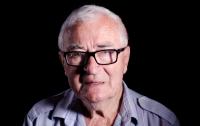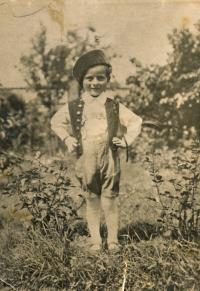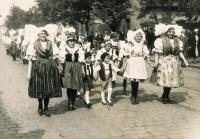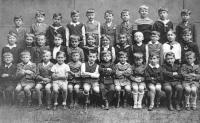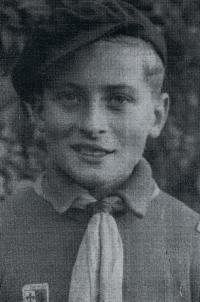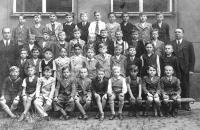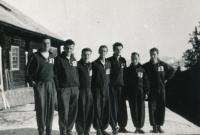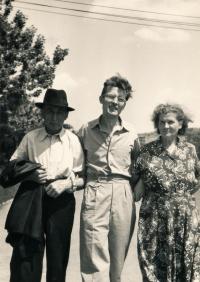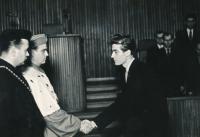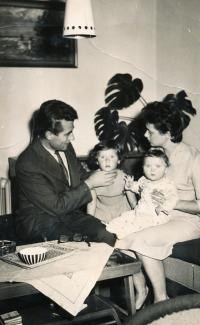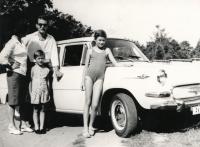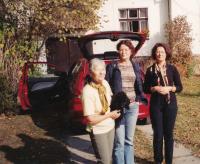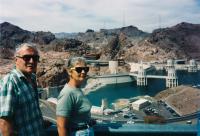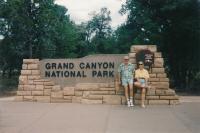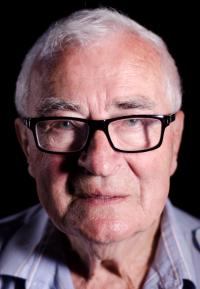We thought that freedom would be for keeps
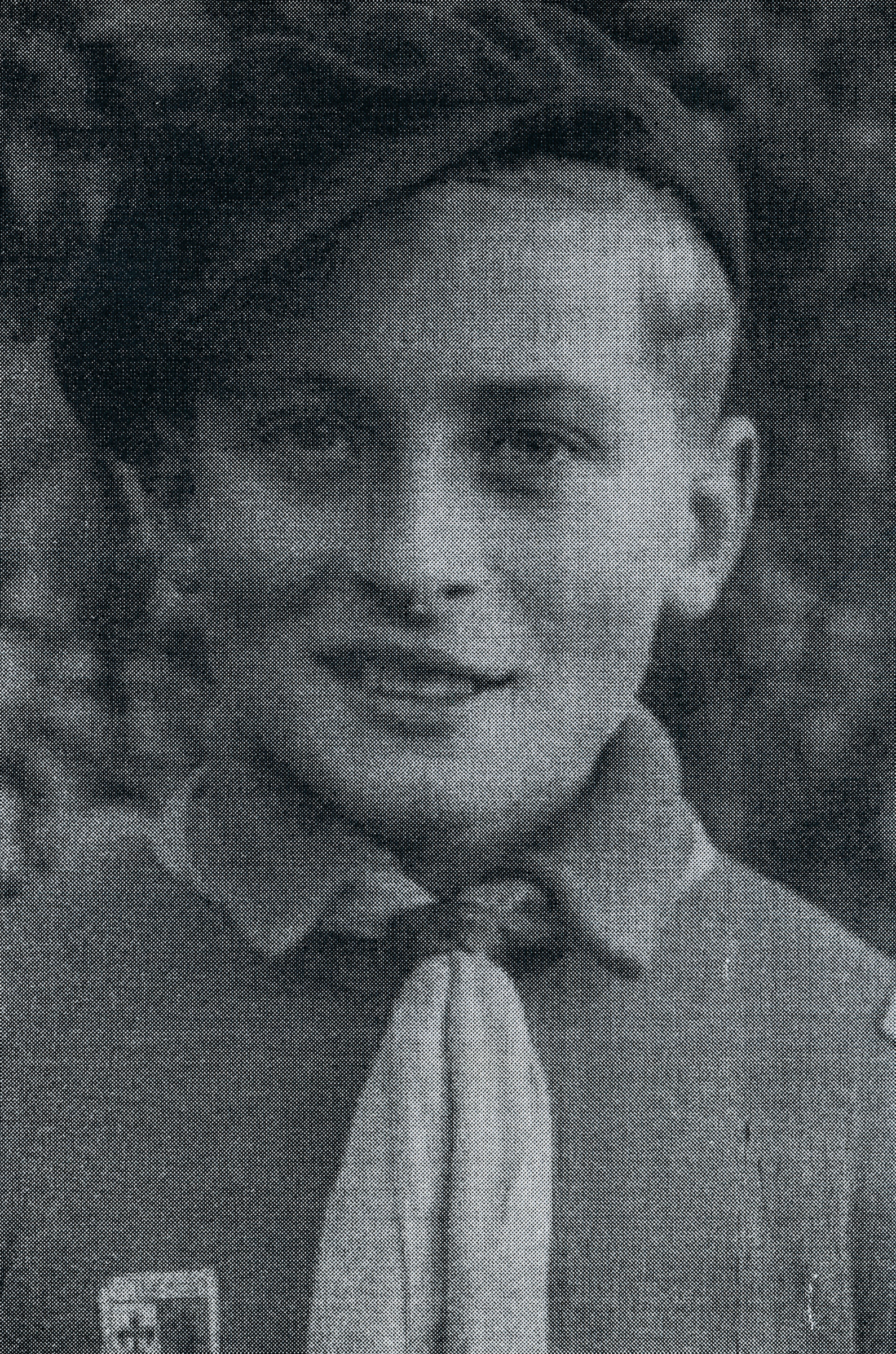
Stáhnout obrázek
Otto Šplíchal was born on 4 October 1929 in Pilsen. Already as a child his parents raised him to take an active part in Sokol (the sports movement) and later also Scouting. His father fell ill when he was young, and Otto had to help his mother with work and house duties from an early age. At the age of 14 he moved to Zlín to study at the Baťa School; he went on to study at the business academy there as well. He graduated in 1950, but could not continue at university due to health problems. He worked as a childcarer in Zlín before he was summoned to serve in the Auxiliary Engineering Corps (AEC - forced labour). However, he was soon released on „permanent leave“ and was allowed to apply to the University of Economics in Prague. In 1955 he married; he and his wife had two daughters, Pavla and Dana. The public may be familiar with the fate of one of Otto Šplíchal‘s daughters, Dana Gálová, a well-known Czech translator and Hungarian scholar, who succumbed to the deadly illness known as ALS (amyotrophic lateral sclerosis) in 2015.
